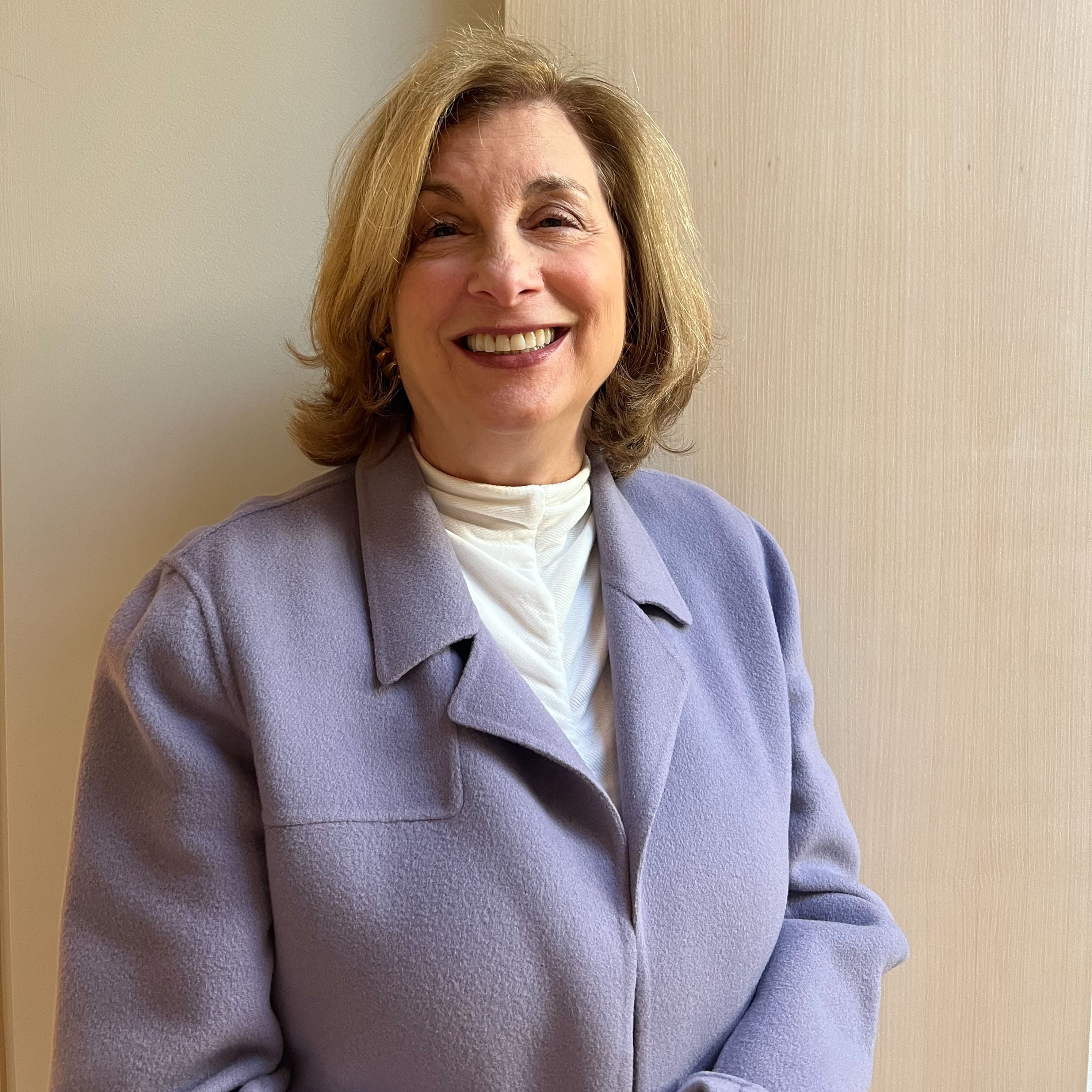
Tracy Gray ('71 Psychology)
Dr. Tracy Gray is a managing director and a nationally recognized expert in the implementation of innovative educational and assistive technology programs that enhance teaching and learning. Dr. Gray leads the Pipeline Partnership Program at American Institutes for Research (AIR) which engages with graduate-level students and faculty at Georgia State University in Atlanta; Howard University in Washington, D.C.; and The University of Texas at San Antonio. This effort seeks to diversify and strengthen the cultural competence of the behavioral and social science research fields to address inequities more effectively. She has led five national centers focused on the development of online tools, curricular materials, and resources to support K-12 students and teachers. In addition, Dr. Gray has also led the development of the 2017 National Educational Technology Plan, a blueprint to strengthen digital learning in schools throughout the U.S. She has served as the principal investigator for two U.S. Department of Education projects related to STEM education, with a focus on increasing the engagement of at-risk students. In addition, Dr. Gray led the AIR Fund, an AIR Board of Directors’ initiative that supported innovative research on issues related to the reduction of inequality for children and families.
Before joining AIR, Dr. Gray was vice president for youth services at the Morino Institute, responsible for the design and implementation of innovative technology-enriched after school programs to strengthen STEM-related career opportunities for inner city youth. She served as the first deputy executive director and chief operating officer for the Corporation for National Service that enabled more than 50,000 AmeriCorps members to work in 1,500 programs throughout the U.S. She serves on the board of the Friendship Charter Public Schools and the University of California, Riverside School of Public Policy.
What are your proudest accomplishments?
Over the years, I have had the great fortune to work with many young people, from all cultural, ethnic and linguistic backgrounds. Nothing gives me more pride than to see my young colleagues develop their skills, grow in their field and go on to making a difference in the world. It is a great joy to see their achievements and hear about their successes.
Are there any research areas/projects you are currently involved in or would be interested in collaborating with SPP faculty or students?
American Institutes for Research (AIR) recently launched a five-year, $100M+ investment in behavioral and social science research and technical assistance to address the underlying causes of systemic inequities and increase opportunities for people and communities. Four core areas of focus are: Education, Work Force Development, Public Safety and Policing, and Health. Grant opportunity will be available to external institutions through RFP, most likely in 2022. I encourage SPP faculty and staff to access the AIR website for more information and key updates.
What advice do you have for public policy students as they prepare for a career in public service?
In addition to gaining all the knowledge in your studies with faculty and course offerings through the SPP, my advice, in preparing for a career, is to network with as many people as you can. Avoid being in a silo with the policy issues you work on, but try to dig a little deeper and understand the interrelationships of various issues. This is critical to our success in addressing myriad of issues in our communities.
How has COVID-19 affected you? How should our inland community, including the UCR community, prepare for a public health crisis like COVID-19?
Those of us in the education and technology space have spent many years on integration of technology to enhance teaching and learning. We have tried to get people to realize it is not just about hardware issues, but there are a whole set of related issues: professional development; ongoing access to high quality content; supporting students not only at school but also at home; ensuring sufficient budget to purchase equipment and keep it up to date; and broadband and infrastructural issues.
What happened as a result of COVID and teachers having to move all classes to online learning was that our students from underresourced communities got left behind. COVID definitely has underscored the digital divide. I worry that it will be a long time to really figure out the degree of learning loss that occurred during the pandemic.
On a personal note, what do you enjoy doing in your spare time?
I really enjoy going on hikes with my husband. We also do a lot of cooking and eating as my husband is a gourmet cook. We all benefit from him trying out new recipes creating fabulous meals we all enjoy.
This holiday, when we get together with the whole family, our goal is to identify organizations that we can, as a family, focus our charitable giving on.
Any final words of wisdom?
For all of us, we can’t get discouraged. We have to stay positive and focus on ways to make our world a better place. We have all been through very difficult times in the past, both as a country and the world at large, but we persevered and managed to look ahead. By staying positive and focusing our energies on making a positive impact, I believe we can make our world a better place to live.